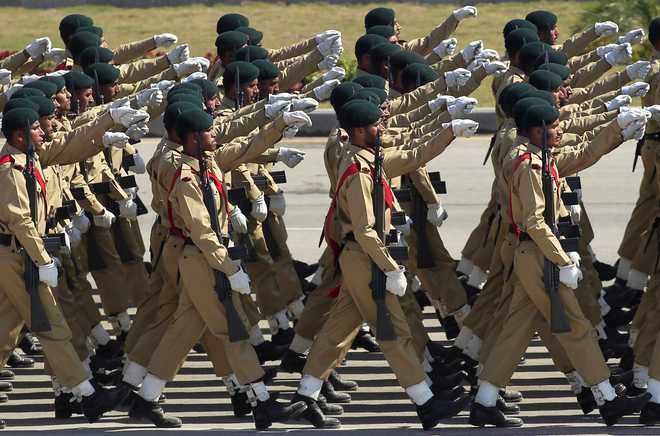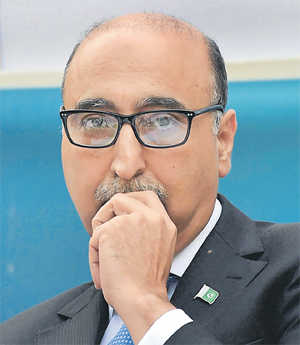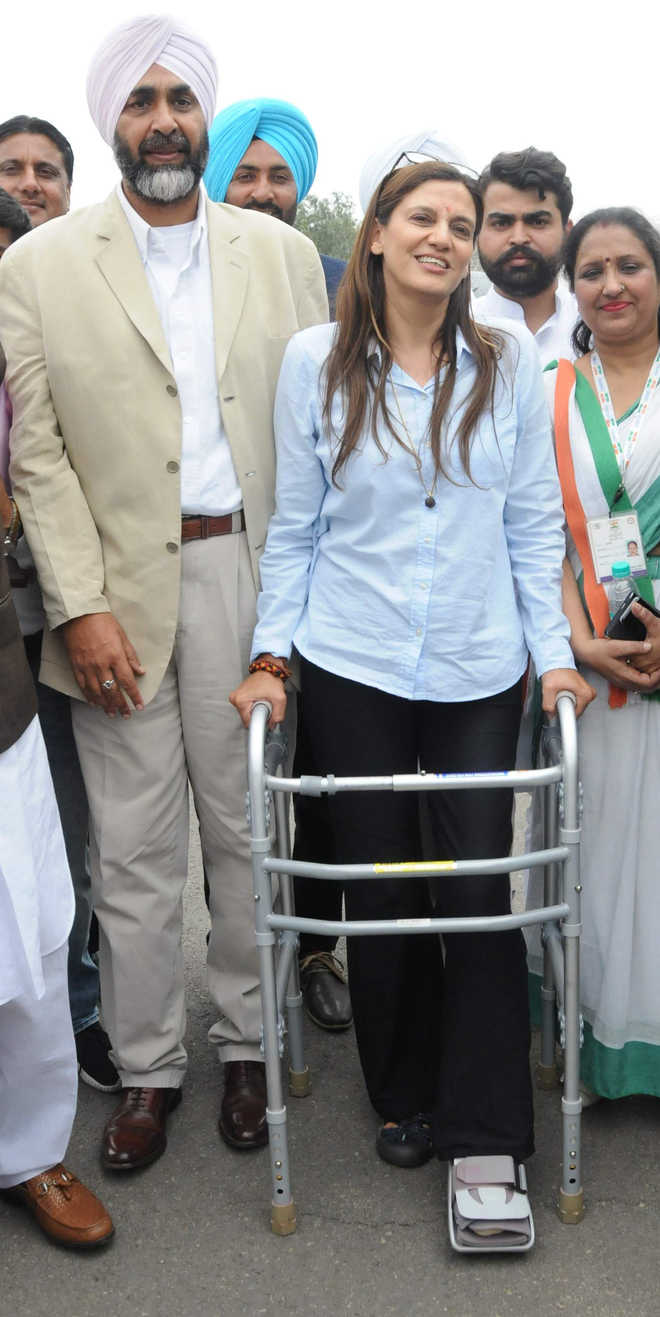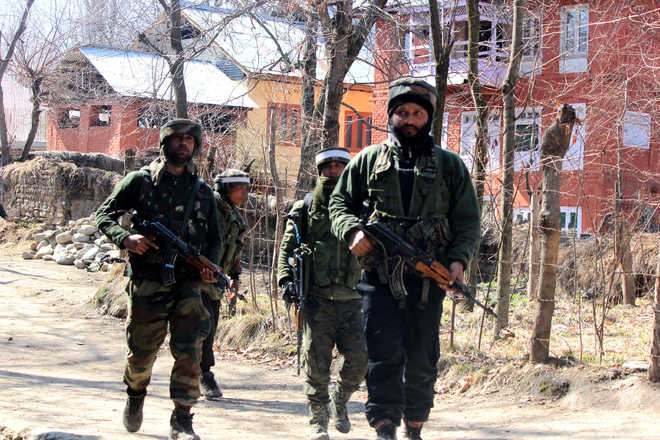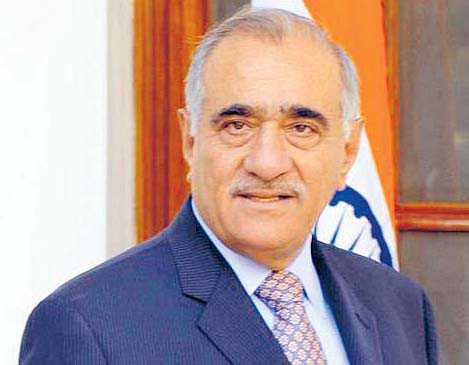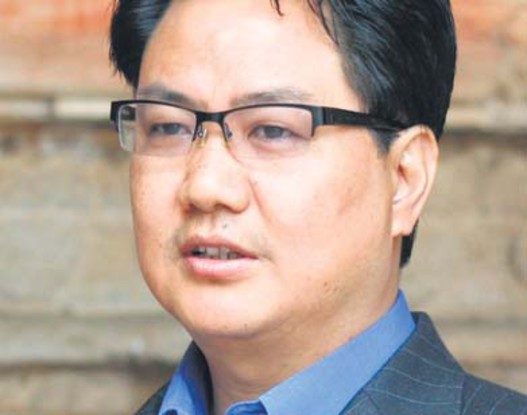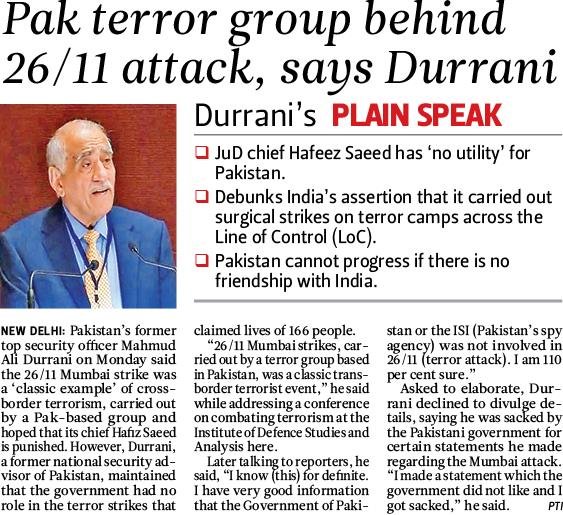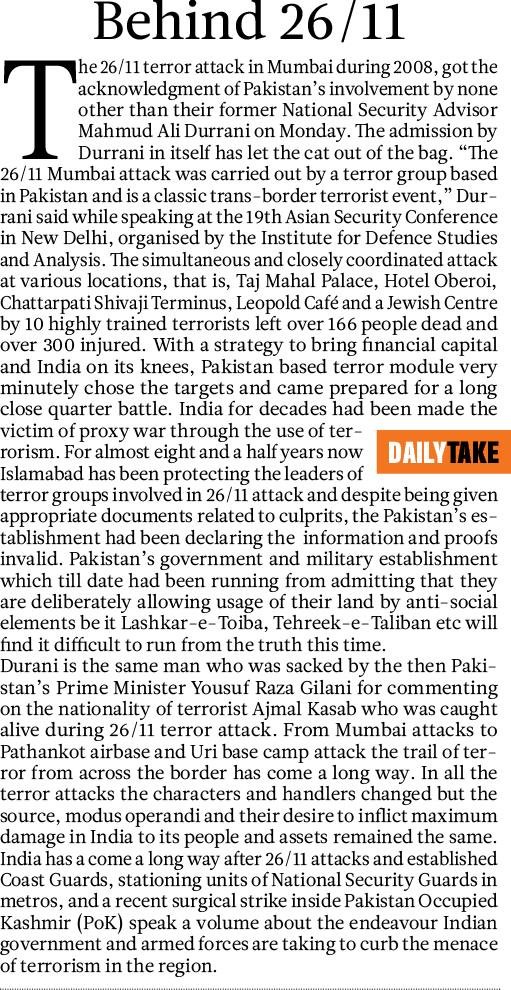The Chief Minister of Punjab, Captain Amarinder Singh, seems on course and has not put a foot wrong — so far. Not a single good step that he takes will go unappreciated Also, he is too seasoned a leader to make the mistake of writing the Akalis off.
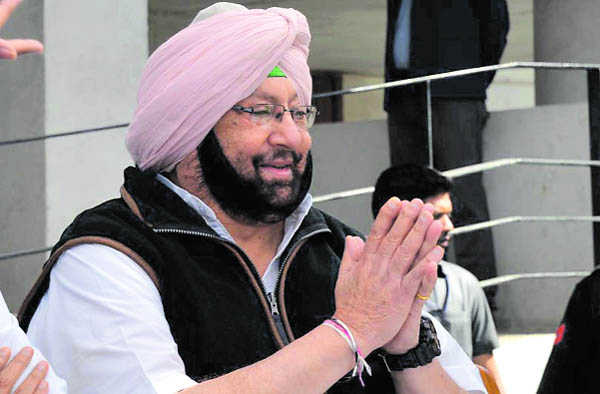 Captain Amarinder Singh’s in his second innings is a more seasoned administrator and has selected a cracker of a team.
Captain Amarinder Singh’s in his second innings is a more seasoned administrator and has selected a cracker of a team.PUNJAB has just been through what I consider potentially the most significant poll since August 1985. Never before, with the possible exceptions of 1966 (communal aftermath of the linguistic partition) and 1984 (Operation Blue Star and anti-Sikh massacre), has the state seethed so much for so long with subterranean discontent, anger, cynicism and a crouching sulk as we saw in the lead-up to these elections. No one in particular should be blamed for that. Neither the government nor the opposition put the state above themselves.
I am relieved that the start of the second tenure of Captain Amarinder Singh is significantly different from the one in 2002. He has said nothing that does not behove his stature as the Chief Minister. I must give him credit for steering clear of ugly and confrontationist posturing that had come to disfigure his previous tenure.
One must not forget that Amarinder was a youthful 60 in 2002 and he is a ripe 75 – or thereabout – now. He has seen a lot of life in government and also 10 long years in opposition – both from us and from within his own party. I am focusing on Amarinder because to me the poll triumph as well as the new dispensation is more the Captain’s, rather than the achievement of the Congress.
I know he would like to give credit for this to his party and its high command and that’s sweet of him. But Punjab knows better. I must concede that this time Amarinder has hit the ground running. His choice of officers so far has been impeccable and indicates a willingness to transcend inheritance of ugly confrontation and deliver on what he has promised. True, he will surprise me if he is able to fulfill all or even most of his major political promises. And I will be happy to be proved wrong. But there is no doubt that he has surrounded himself with all the right kind of people. Continuing with Suresh Arora as the police chief clearly meant that the old songs of vendetta have been muffled, at least for the hour. The suave Karan A Singh, an upright and efficient professional, as head of the Civil Service in Punjab means (one hopes) that merit shall determine postings – a huge plus.
Karan is humble and has no swagger, no loud stentorian bass, no heavy-weight authoritarian aura, which in bureaucracy is often a camouflage for self doubt, ignorance and incompetence.
The appointment of Tejvir Singh as the new Chief Minister’s Principal Secretary is a soft pronouncement of loud intent: sobriety, conciliation and consensus could be the keys to conflict resolution in the days to come. To me, Tejvir is the best of the lot around the CM. How effective he will be allowed to remain is another matter. But by far the most significant decision – exceptionally brave and unprecedented – has been to put Suresh Kumar at the peak of the administrative pyramid as Chief Principal Secretary to the Chief Minister in the emoluments (perhaps not the rank) of Cabinet Secretary to the Government of India. I am no great fan of this “out-of-box” arrangement and it might create some confusion about the effectiveness and role of the Principal Secretary to the Chief Minister and even the Chief Secretary, but the advantages too will be significant.
I think the Principal Secretary to the Chief Minister should be the Principal Secretary to the Chief Minister alone. Period. For the first time, the head of the Civil Service in the state would report to someone other than the Chief Minister – a de facto Chief Minister. How good that is, only time will tell.The best thing, and perhaps the only good thing, about this arrangement is the person chosen to man it. Suresh is not only vastly experienced but has an unimpeachable reputation for uprightness. Few in this government can beat him in elocution and making impressive presentations. Beyond that, I have my reservations.To me, the arrangement smacks of Governor’s rule, with an advisor to boot. How relevant will the people’s representatives remain? That is a test for Suresh to pass.
I know the Chief Minister’s team is handpicked by Suresh and that will ensure harmony. Yet, the arrangement itself is too untested to inspire faith. One hears that K R Lakhanpal —sharp, outspoken and a functioning visionary — is also being inducted into the system at a key position. That will make it one cracker of a team for the new Chief Minister. I am also watching with interest who his advisor on information will be and how much will he be allowed to breathe by a zealous bureaucracy.The message from the government’s first few decisions has created a positive impact. But sweet as these decisions sound: “Drug addicts will be treated with compassion !” – Captain Singh would be the first to agree that most of these “decisions” are anything but “decisions.” These are mere declarations of intent. Nothing practical has so far been announced on any of his key promises, like employment to 30 lakh youth, waiver of farmers debt etc. I am very suspicious of the move to hide inaction behind Committees. If they had wanted to, they could simply have taken a cabinet decision on waiver and filling of vacancies and then left its implementation to officers and experts. All the data they needed on farmers’ debt and on unemployment is already available with Suresh himself. They are going about it the other way round. Not impressed. But one could argue that the government is not even a week old yet and it is not fair to judge its performance this early. And that’s a fair argument. All in all, I would say Captain seems on course and has not put a foot wrong – so far. I assure him that not a single good step he takes will go unappreciated. He is too seasoned a leader to make the mistake of writing Akalis off. One also hopes he wouldn’t be hyper in his responses to well-meaning criticism. The initial signs from the palace are not bad. But it is early days yet.The writer, a freelance journalist, has served as Adviser on National Affairs to the former Chief Minister, Parkash Singh Badal. These are his personal views.





















































